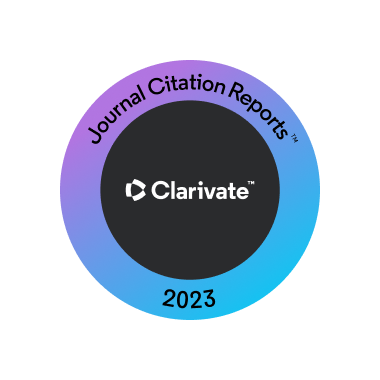Abstract
Background: Habitual physical activity adapted to a child’s individual needs, ability, health, gender and age has positive implications for cognitive and physical growth and maturation. Childhood physical activity is a predictor of better health and general well-being in adulthood. Material/Methods: A questionnaire study was conducted on a population of 371 randomly selected primary school students in Lublin county. Correlations were determined between the student’s levels of physical activity and leisure time activities vs. age, gender, BMI score and the parents’ levels of physical activity. Results: The students’ attitudes towards PE differentiated subjects as to gender and the BMI score, whereas the frequency of exercise was correlated only with gender. Girls accounted for 72% of the students who did not enjoy PE classes. The duration of exercise was significantly correlated with age. Research results indicate that parents who are physically active instill healthy habits in their children. Conclusions; Physical activity plays a very important role in instilling healthy lifestyle habits. Parents or caretakers are the best role models for children. In an era when children and adolescents are increasingly likely to spend most of their free time playing computer games or watching television, parents should encourage their children to participate in extracurricular physical activities that promote healthy growth and development.
Recommended Citation
Kostecka M, Bojanowska M, Stoma M. The role of physical activity in instilling healthy lifestyle habits in children. Balt J Health Phys Act. 2017;9(3):133-140. doi: 10.29359/BJHPA.09.3.13
DOI
10.29359/BJHPA.09.3.13
Creative Commons License

This work is licensed under a Creative Commons Attribution-Noncommercial-No Derivative Works 4.0 License.
Included in
Health and Physical Education Commons, Sports Medicine Commons, Sports Sciences Commons, Sports Studies Commons




